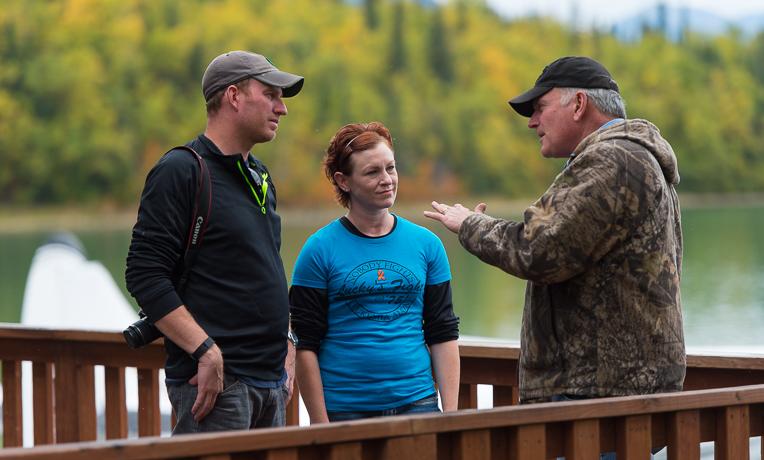In early September, the devastating details of Sept. 11, 2001 often re-flood the minds of individuals most impacted by the tragic events of that somber Tuesday.
Early that morning, terrorists hijacked four planes, flying them into the Twin Towers in New York City, the Pentagon in Washington DC, and a field in Pennsylvania, killing about 3,000 people.





